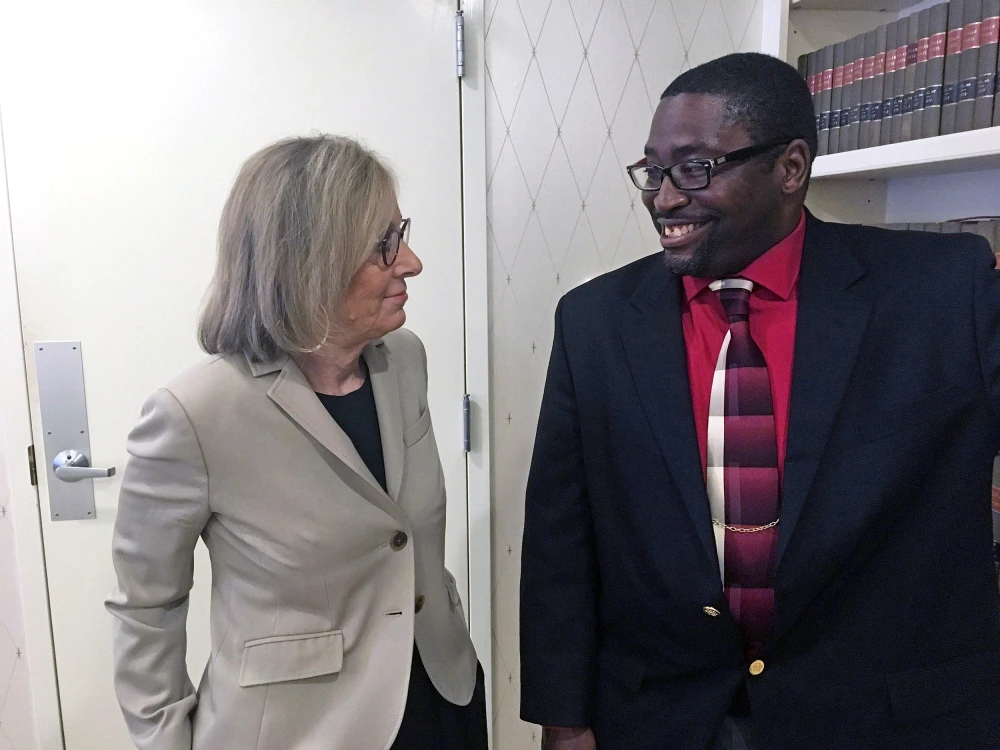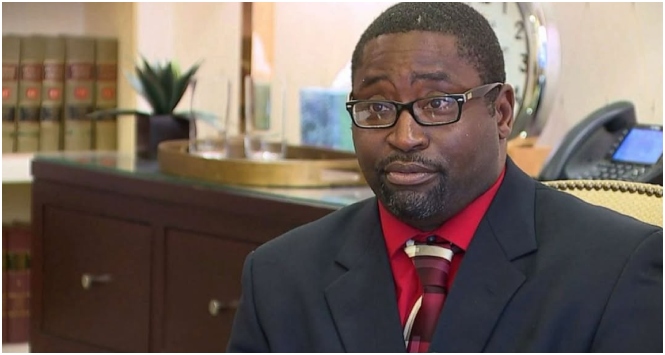What began as a victory for Air Force veteran Sauntore Thomas quickly turned into a harrowing ordeal. After winning a $99,000 racial discrimination settlement from his former employer, Thomas found himself at the center of another racially charged incident—this time, at the very bank where he tried to deposit his checks.
In January 2020, Thomas, then 44, visited his local TCF Bank branch in Livonia, Michigan, to open a savings account and deposit three settlement checks.
But instead of routine service, he was met with suspicion. The branch manager questioned the authenticity of the checks, claimed their internal systems were down, and then called the police.
Four officers arrived.

Despite Thomas calling his attorney on the spot to verify the checks’ legitimacy, the bank refused to process them. Officers questioned Thomas, and the bank later filed a police report for suspected check fraud—even though the checks were real and issued as part of a court-approved settlement.
Thomas, a longtime TCF account holder since 2018, said the experience was humiliating.
“They didn’t want to assist me because I was African American. They assumed I had a fraudulent check, which was far from the truth,” he told the Associated Press. “This was no mistake.”
A Second Lawsuit
Days later, Thomas filed a new lawsuit—this time against TCF Financial Corp., the bank’s holding company—alleging racial discrimination. His complaint detailed emotional distress, mental anguish, and reputational harm caused by being publicly questioned and accused of fraud.
Ironically, the incident echoed the very systemic bias that led to Thomas’ first lawsuit. Both suits were ultimately settled out of court, and terms were not disclosed publicly.
The Bank’s Response
Following media coverage and public backlash, TCF Bank issued a statement condemning racism and acknowledging that police should not have been called.
The bank noted that the branch manager involved was also African American but insisted that race was not a factor in the decision to reject the deposit. They cited standard procedures for large checks but admitted they “regret we could not meet [Thomas’] needs.”
Despite the apology, many saw the case as emblematic of the everyday discrimination faced by Black Americans—even when simply trying to access financial services.

